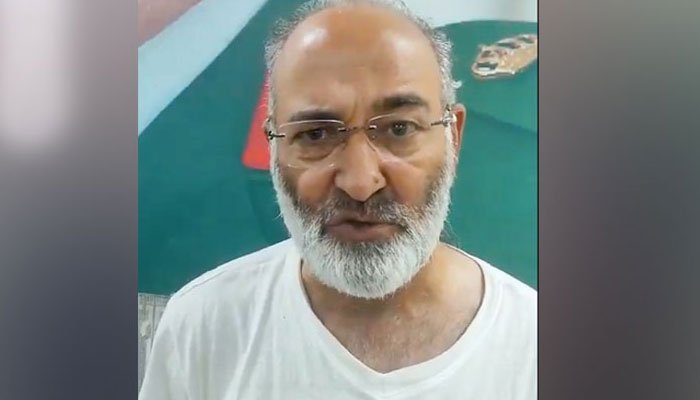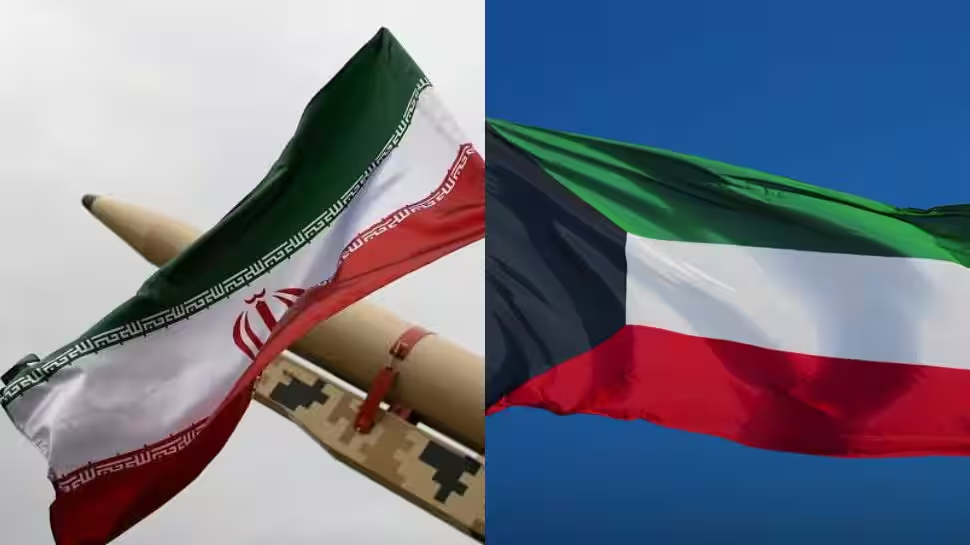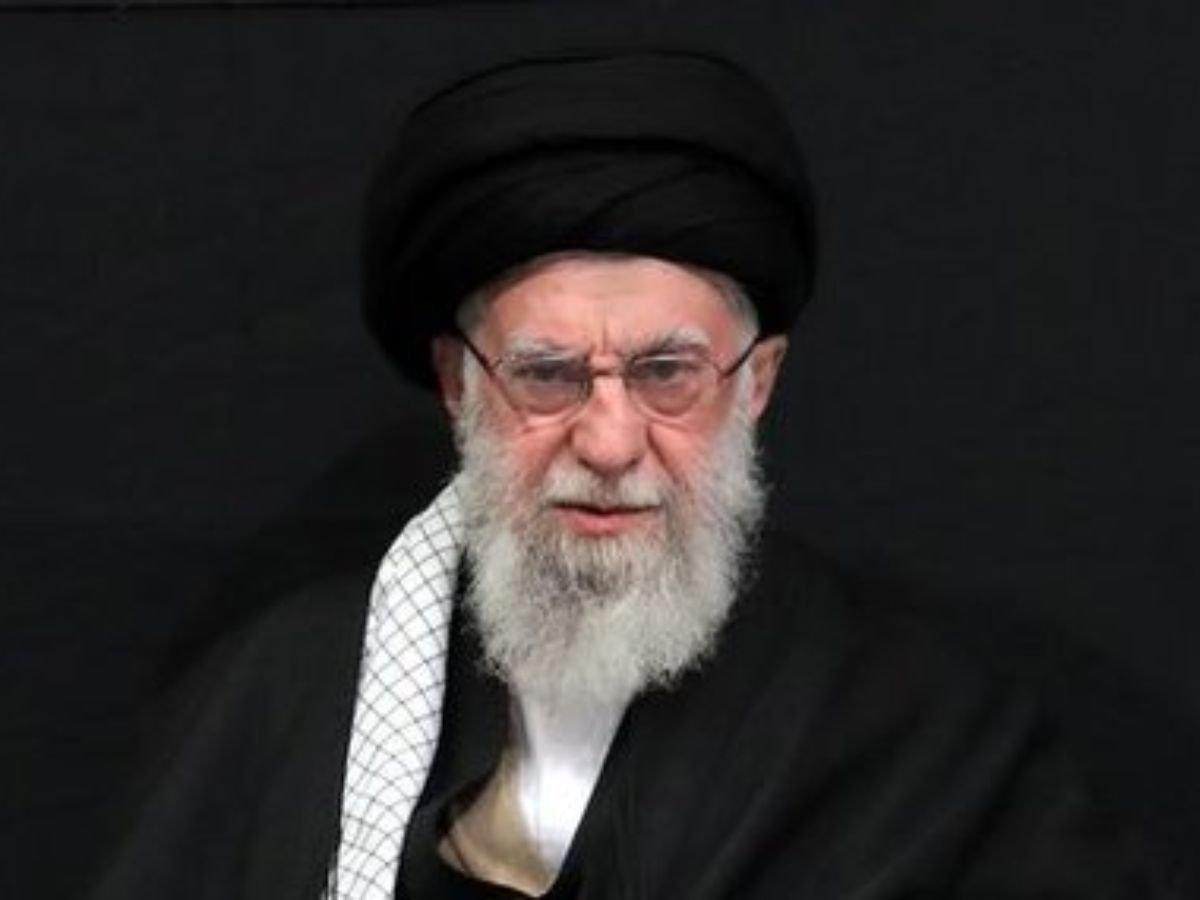Upon his release, Mushtaq Ahmad Khan made it clear that his experience had only strengthened his resolve.
Israel Releases Sumud Flotilla Victims. Former Pakistani Senator Mushtaq Ahmad Khan has been released from Israeli custody after enduring several days of what he describes as severe mistreatment and physical abuse. In a video message released on social media platform X (formerly Twitter), the former lawmaker revealed harrowing details of his detention experience and reaffirmed his commitment to the Palestinian cause, vowing to return and continue efforts to break Israel’s blockade on Gaza.
Mushtaq Ahmad Khan, a senior leader of Jamaat-e-Islami and former member of Pakistan’s upper house of parliament, was part of the “Global Freedom Flotilla” – an international convoy of activists that aimed to breach the Israeli naval blockade and deliver humanitarian aid to Gaza. The flotilla was intercepted by Israeli forces in international waters, resulting in the arrest and temporary detention of more than 130 activists, including Khan and other Pakistani citizens.
While Israel continued its air and ground offensive across Gaza on Sunday, killing at least 24 Palestinians just hours before indirect talks between Israel and Hamas were set to begin in Egypt to discuss a U.S.-brokered ceasefire plan.
Detention and Allegations of Mistreatment
Khan described his ordeal in chilling detail, stating that he and over 150 fellow activists were held for 5 to 6 days in an Israeli prison notorious for its harsh conditions. He alleged that Israeli forces subjected them to extreme physical and psychological abuse. “We were shackled in handcuffs and leg irons, our eyes blindfolded. Dogs were released on us, and guns were constantly pointed at our heads,” he said.
According to the former senator, the detainees were denied access to basic necessities, including water, fresh air, and medical assistance. “We went on a hunger strike for three days to protest our treatment and to press for our demands, but even during that time, we were deprived of water and all forms of communication,” he added.
Khan’s testimony has sparked concern among human rights organizations and raised further questions about Israel’s treatment of non-violent international activists and the conditions inside its detention centers.
Return and Continued Resolve
After intense diplomatic efforts, Mushtaq Ahmad Khan and other detainees were deported to Jordan. Pakistan’s Deputy Prime Minister and Foreign Minister Ishaq Dar confirmed the release, expressing gratitude to friendly nations-particularly Jordan and a key European country-for their support in securing Khan’s freedom. Dar said that Khan was now safe, healthy, and in high spirits at the Pakistani embassy in Amman.
The Ministry of Foreign Affairs of Pakistan had been actively engaged throughout the episode, with officials in Islamabad and the embassy in Amman working tirelessly to ensure the safe return of Pakistani nationals. A statement from the Foreign Office highlighted the importance of multilateral diplomatic channels in resolving the crisis and appreciated the Jordanian government’s “generous cooperation.”
Upon his release, Khan made it clear that his experience had only strengthened his resolve. “Thanks to Allah, we are free now, but the struggle for Palestine’s freedom will continue,” he declared. “We will return. Again and again, we will go to break this blockade. We will stand for Gaza. We will pursue justice against those responsible for this genocide.”
He also emphasized that resistance was not new to him, referencing his past political detentions. “From Adiala Jail to Israeli prison, our struggle has never stopped—and it will never stop until the liberation of Palestine is achieved.”
The Global Freedom Flotilla and Broader Context
The Global Freedom Flotilla is a recurring humanitarian initiative made up of international volunteers, human rights activists, and politicians, aimed at delivering aid to the besieged Gaza Strip. This year’s flotilla, named Global Samud Flotilla (Samud meaning steadfastness), was symbolic as well as practical in its aims: to defy Israel’s maritime blockade, which has been in place since 2007 and has significantly contributed to the humanitarian crisis in Gaza.
The blockade has faced widespread international criticism, with the United Nations and several human rights organizations labeling it as collective punishment of Gaza’s civilian population. Despite the risks, many activists continue to challenge it, invoking international maritime law and humanitarian imperatives.
Senator Khan’s presence on the flotilla marked one of the most high-profile participations from South Asia in recent memory. His arrest and subsequent release have brought renewed attention in Pakistan to the plight of Palestinians, as well as the international efforts to support them.
In his concluding remarks, Khan announced plans to return to Pakistan soon and share detailed accounts of what he and his colleagues experienced in Israeli custody. He reaffirmed that the struggle will persist “until the end of Israeli occupation and the freedom of Palestine.”
The episode underscores both the growing global solidarity movements for Palestine and the intense risks activists face when confronting Israel’s heavily fortified control over Gaza’s borders. As world leaders call for restraint and dialogue in the Middle East, stories like Mushtaq Ahmad Khan’s shine a spotlight on the human cost of long-standing geopolitical conflicts.





